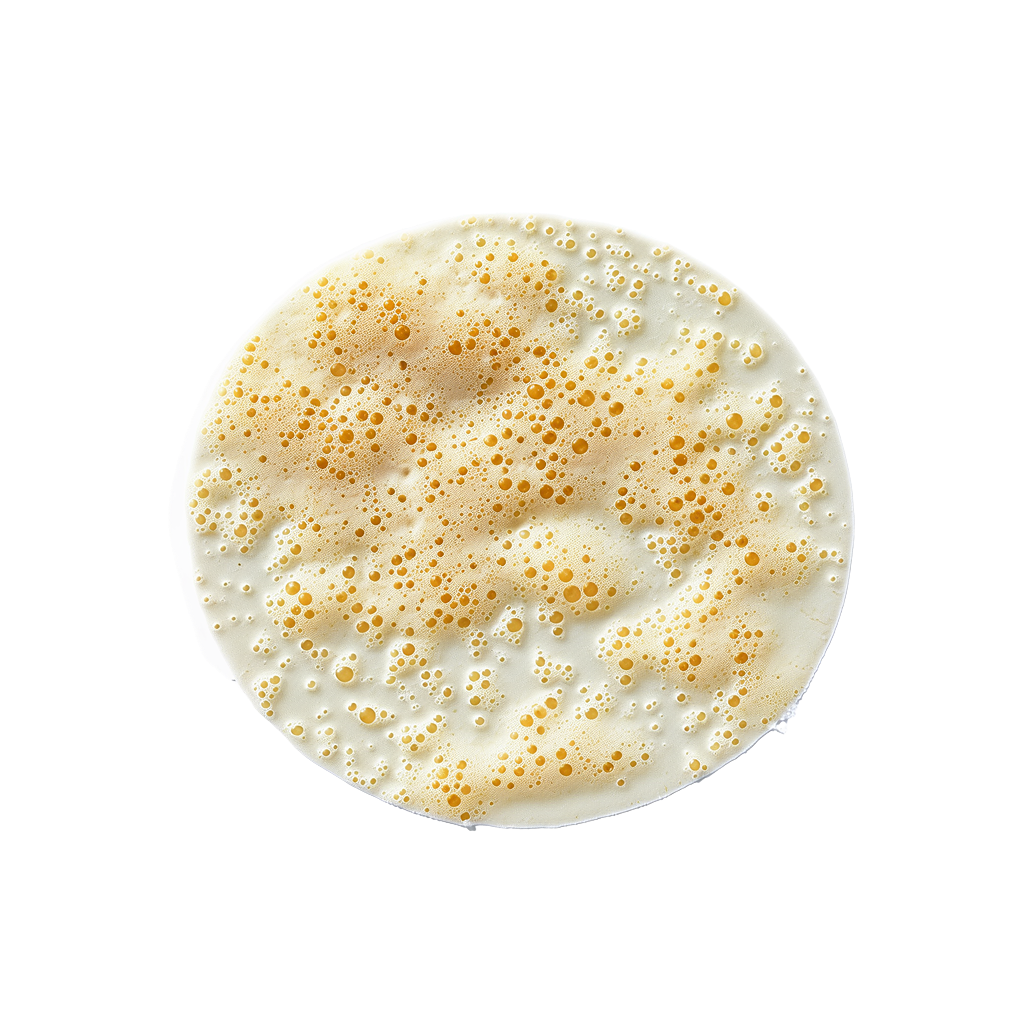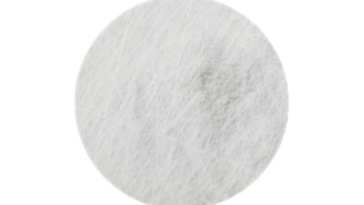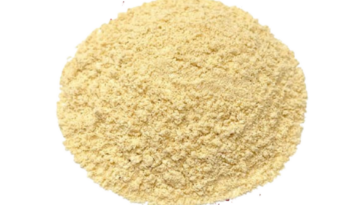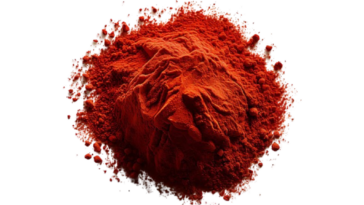Lactobacillus plantarum, a versatile lactic acid bacterium, finds its origins in the complex ecosystems of various plant materials, including fruits, vegetables, grains, and fermented foods. As a member of the Lactobacillus genus, it is renowned for its wide distribution and adaptability to diverse environmental conditions. Its presence in these habitats is often attributed to its ability to ferment a variety of carbohydrates, allowing it to thrive in niches where sugars are available.
This bacterium has been utilized for centuries in food fermentation processes, contributing to the preservation and flavor enhancement of numerous traditional foods worldwide. Its role in fermentation is crucial, as it produces lactic acid as a metabolic byproduct, creating an acidic environment that inhibits the growth of spoilage and pathogenic microorganisms. Over time, humans have intentionally selected and propagated strains of L. plantarum that exhibit desirable characteristics for specific food fermentations, leading to its integration into various culinary traditions across different cultures.
Vitamins & Minerals:
Lactobacillus plantarum, a beneficial probiotic bacterium commonly found in fermented foods like sauerkraut, kimchi, and certain dairy products, doesn’t contain vitamins and minerals in the same way that plants or animals do. Instead, its value lies in its ability to support the human body’s absorption of essential nutrients. L. plantarum contributes to gut health by promoting a balanced microbiome, aiding in the digestion and absorption of nutrients from food. This bacterium helps to break down complex carbohydrates, producing short-chain fatty acids that provide energy to intestinal cells and enhance the absorption of vitamins and minerals from the diet.
While L. plantarum doesn’t directly provide vitamins and minerals itself, it indirectly supports their absorption and utilization within the body. For instance, by promoting a healthy gut environment, L. plantarum enhances the absorption of key nutrients like vitamins A, D, E, and K, as well as minerals such as calcium, magnesium, and iron. Additionally, it helps in the synthesis of certain B vitamins within the gut, further supporting overall nutritional status. Overall, the presence of L. plantarum in the gut ecosystem contributes to improved nutrient absorption and utilization, which is essential for maintaining overall health and well-being.
Probiotic, Prebiotic, or Postbiotic:
Lactobacillus plantarum can indeed act as a probiotic. Probiotics are live microorganisms that, when administered in adequate amounts, confer a health benefit on the host. L. plantarum is one of the many strains of bacteria that fall into this category. When consumed, L. plantarum can colonize the gut, promoting a healthy balance of gut microbiota. It has been associated with various health benefits, including improved digestion, enhanced immune function, and even potential protective effects against certain infections and diseases.
However, L. plantarum doesn’t fit the definitions of prebiotic or postbiotic. Prebiotics are non-digestible fibers that serve as food for probiotics and other beneficial bacteria in the gut, promoting their growth and activity. L. plantarum itself is not a substrate for other bacteria; rather, it is a live microorganism that can utilize certain nutrients present in the gut environment.
Postbiotics, on the other hand, refer to the metabolic byproducts of probiotic bacteria or components released upon their death. These byproducts can include various metabolites, enzymes, and cell wall components that may have beneficial effects on the host. L. plantarum itself is not a postbiotic but can potentially produce postbiotic substances during its metabolic processes. These postbiotics can contribute to the overall health benefits associated with L. plantarum consumption.
In summary, Lactobacillus plantarum primarily acts as a probiotic, promoting gut health and providing various associated benefits. While it may contribute to the production of postbiotic substances, it is not itself a prebiotic or postbiotic in the strict sense of those terms.
Dietary & Health Information:
Lactobacillus plantarum is a beneficial bacterium commonly found in fermented foods like yogurt, sauerkraut, and kimchi, as well as in dietary supplements. It’s known for its potential health benefits, particularly in supporting digestive health and boosting the immune system.
Here’s some dietary and health information regarding Lactobacillus plantarum:
- Digestive Health: L. plantarum is believed to promote digestive health by helping to maintain a balanced gut microbiota. It produces lactic acid, which can create an acidic environment in the gut, inhibiting the growth of harmful bacteria and supporting the growth of beneficial ones.
- Immune System Support: Some research suggests that L. plantarum may help modulate the immune system, potentially reducing the risk of infections and allergies.
- Anti-inflammatory Properties: Certain strains of L. plantarum have been studied for their anti-inflammatory effects, which may be beneficial for conditions involving inflammation in the gut or elsewhere in the body.
- Antioxidant Activity: L. plantarum produces antioxidants that can help neutralize harmful free radicals in the body, potentially reducing the risk of oxidative stress-related diseases.
- May Improve Nutrient Absorption: By promoting a healthy balance of gut bacteria, L. plantarum may enhance the absorption of nutrients from food.
As for the maximum intake per day, there isn’t a universally established dosage recommendation for L. plantarum. Dosages can vary depending on factors such as the specific strain of L. plantarum, the individual’s health status, and the reason for taking it. Typically, dietary supplements containing L. plantarum provide doses ranging from millions to billions of colony-forming units (CFUs) per day. It’s generally considered safe for most people to consume L. plantarum in amounts commonly found in foods and supplements.
However, if you’re considering taking L. plantarum supplements for a specific health concern or condition, it’s best to consult with a healthcare professional for personalized advice on dosage and suitability, especially if you have any underlying health conditions or are taking medications. They can provide guidance based on your individual needs and circumstances.




 No products in the cart.
No products in the cart.